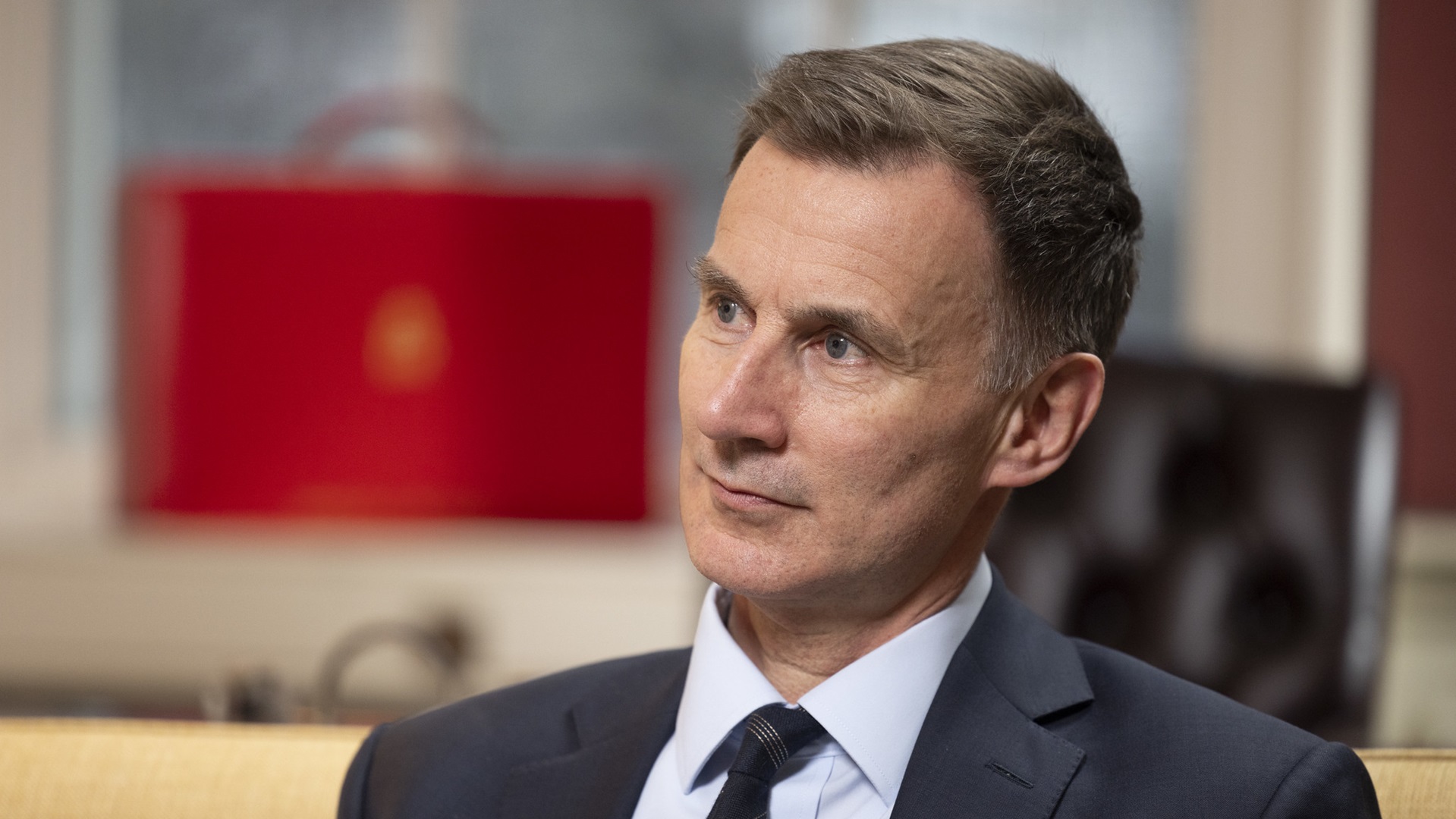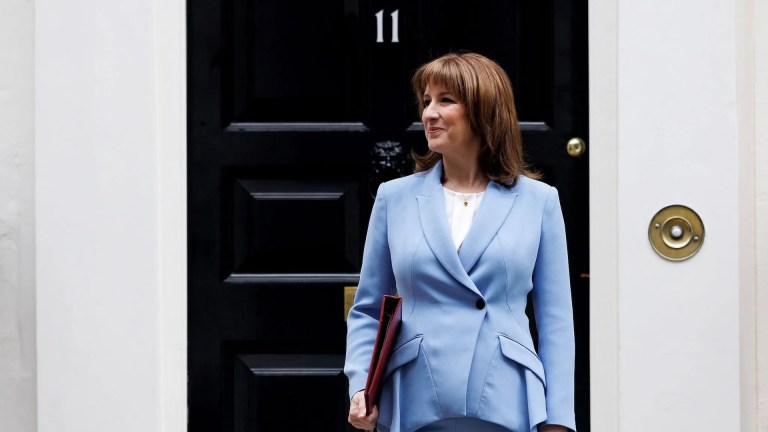Charlotte White, a former food bank manager, explained that falling inflation is not enough to “alleviate” financial difficulties facing food bank users, and that what people need is for “benefits to come in line with inflation”.
“The state of the situation and the severity of the problems is so severe that I don’t think it’s going to make a huge amount of difference,” she told the Big Issue.
“The one time we do see an impact [on food bank use] is when there have been the cost-of-living payments, or last year when there was help with energy costs.
“It’s simply that people need more money in their pockets.”
Chancellor Jeremy Hunt claimed the fall in inflation means struggling families can “heave a sigh of relief” that the UK is “on track” to meet its target of bringing inflation down to 2%.
Shadow chancellor Rachel Reeves, however, explained that despite the fall in inflation, working people are still “worse off” in the current economic climate.
Advertising helps fund Big Issue’s mission to end poverty
“After 14 years of chaos and uncertainty under the Conservatives, working people are worse off,” she said on X, formerly known as Twitter.
“Prices are still rising in the [shops], the tax burden is the highest it has been in 70 years and mortgage payments are going up.”
Peter Matejic, chief analyst at the Joseph Rowntree Foundation, added that “despite it being good news” inflation has fallen, “benefit increases still lag behind overall, food and energy inflation, with the gap opening up over the last three years.”
Economists have explained that the fall in inflation means the UK is moving closer to the Bank of England’s 2% inflation target, meaning an increased chance that it will look to cut interest rates in the summer.
Nathan Emerson, CEO of Propertymark, said: “This is an ideal time for the Bank of England to start considering a cut in interest rates when they meet this month.
“Andrew Bailey, the governor of the Bank of England, said recently that inflation does not have to fall to 2% before the central bank starts considering cutting interest rates… this is potentially an ideal time to revitalise the housing market.”
Advertising helps fund Big Issue’s mission to end poverty
Housing journalist Vicky Spratt added that despite food inflation falling, private rents were found to have increased in February.
“Average UK private rents increased by 9.0% in Feb 2023-24,” she wrote on Twitter/X. “Rent inflation is still at its peak and not going anywhere fast.
“So, even though inflation is falling overall, it’s important to remember that people’s mortgages and rents – likely their biggest outgoing – are still going up!”
Dr George Dibb, associate director for economic policy at IPPR, added that inflation falling is “welcome”, but warns that it “doesn’t mean prices are falling”.
“The details of where prices are still rising the fastest also show we are entering a new phase of the inflationary period with food prices and restaurants making the largest downward contribution,” Dibb explained.
“The Bank of England’s high interest rates continue to cause pain in the economy. Indicators are heading in the right direction, with goods inflation, services inflation and ‘core’ inflation all falling this month, so we want to see interest rates come down.
Advertising helps fund Big Issue’s mission to end poverty
“Alongside this, government must also make a shift away from the tax-cuts-at-all-costs strategy towards the much-needed prioritisation of investment into public services.”
Do you have a story to tell or opinions to share about this? We want to hear from you. Get in touch and tell us more.









